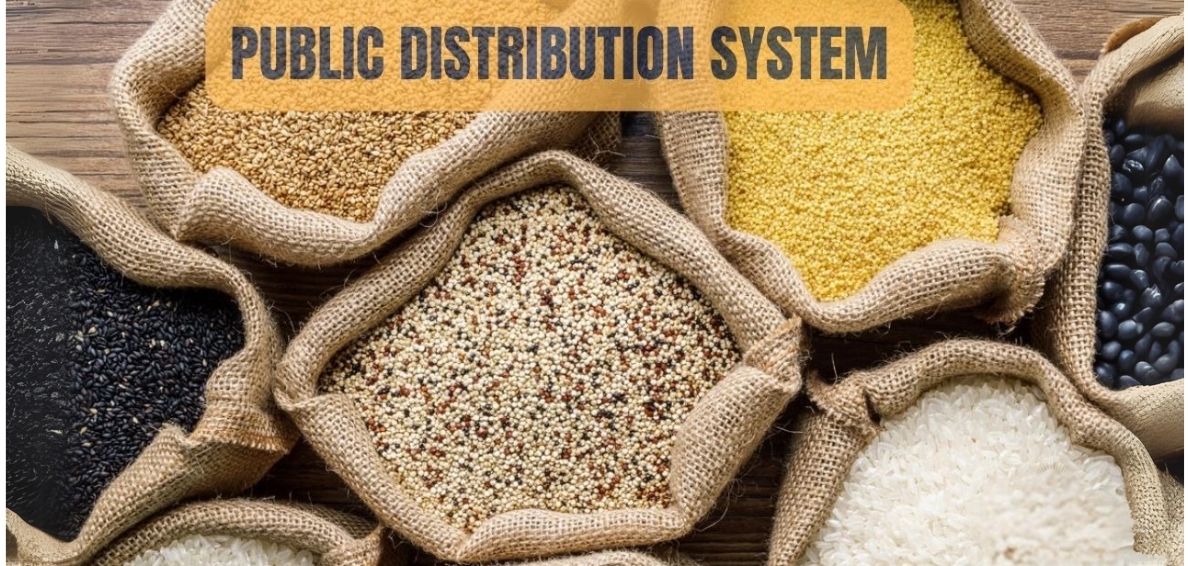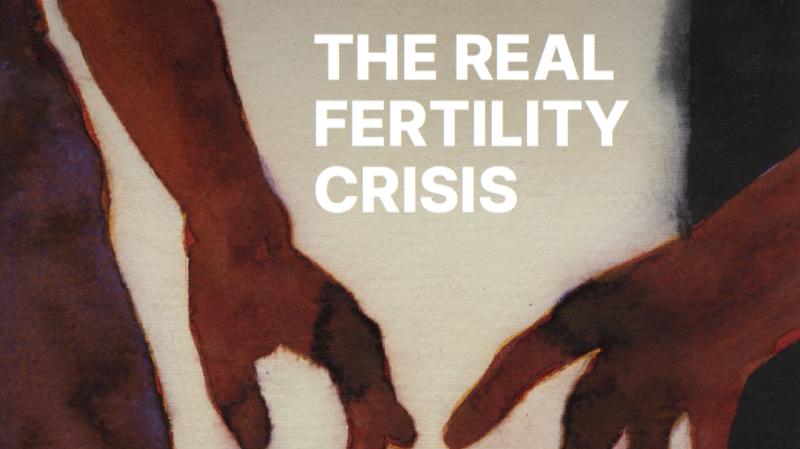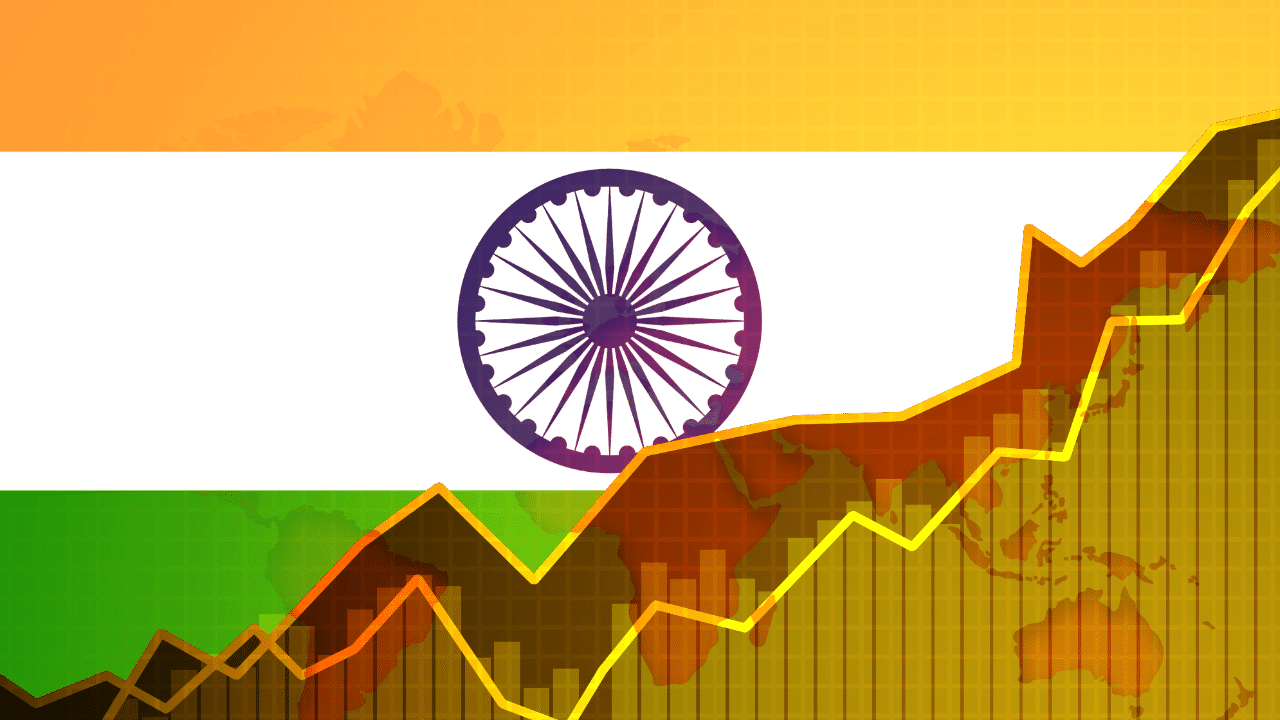- Courses
- GS Full Course 1 Year
- GS Full Course 2 Year
- GS Full Course 3 Year
- GS Full Course Till Selection
- MEP (Mains Enrichment Programme) Data, Facts
- Essay Target – 150+ Marks
- Online Program
- GS Recorded Course
- NCERT- First Ladder
- Polity
- Geography
- Economy
- Ancient, Medieval and Art & Culture AMAC
- Modern India, Post Independence & World History
- Environment
- Governance
- Science & Technology
- International Relations and Internal Security
- Disaster Management
- Ethics
- Current Affairs
- Indian Society and Social Issue
- CSAT
- 5 LAYERED ARJUNA Mentorship
- Public Administration Optional
- ABOUT US
- OUR TOPPERS
- TEST SERIES
- FREE STUDY MATERIAL
- VIDEOS
- CONTACT US
The Right to Food and Problems with the Public Distribution System (PDS)
The Right to Food and Problems with the Public Distribution System (PDS)

- In 2023, reports from Jharkhand and Odisha raised concerns about many households being removed from the Public Distribution System (PDS), leaving them without access to subsidized food.
- This issue isn't limited to these two states.
- Bihar also faces similar problems, where vulnerable groups, such as the Musahar community, continue to struggle with food insecurity.
- These ongoing challenges show that there are serious issues in ensuring the Right to Food, a basic right guaranteed to all Indian citizens.
What is the PDS and the Right to Food?
- The Public Distribution System (PDS) is a government-run system that provides cheap food grains like rice, wheat, and other essential food items to poor families.
- It plays a crucial role in ensuring that people who are struggling financially can get food.
- National Food Security Act (NFSA) - 2013: This law aims to provide food security to 67% of India’s population.
- Under this law, 75% of people in rural areas and 50% in urban areas are entitled to subsidized food grains.
- The government is supposed to give 5 kg of food grains per person every month at very low prices (₹3 for rice, ₹2 for wheat, and ₹1 for coarse grains).
- However, the system is not working well in many places, and many eligible families are not getting their rightful share of food.
The Problem: Households Removed from PDS Rolls
- In 2023, reports from Jharkhand and Odisha highlighted that many eligible families were removed from the PDS rolls, meaning they lost access to subsidized food.
- This issue is not just in these states but is also happening in Bihar.
- Reports from Jharkhand and Odisha (2023): A large number of eligible households have been removed from the PDS records, leaving them without access to food.
- This removal can happen because of errors in data entry, administrative mistakes, or because families failed to meet the biometric verification requirements.
- Bihar’s Situation: In Bihar, the problem is worse for communities like the Musahars, who are among the poorest in the state.
- Many Musahar households do not have an active ration card.
- Even if they do have one, the names of all family members are missing, making the card useless for the entire family.
The Musahar Community’s Struggles with the PDS
- The Musahar community in Bihar is one of the most marginalized and poor groups in the state.
- They are often pushed to the edge of poverty due to caste-based discrimination.
- The situation worsened during the COVID-19 pandemic, when they couldn’t get their rations at a time of great need. Unfortunately, the situation hasn't improved since then.
- Ration Card Issues: Many people in the Musahar community don't have an active ration card. Even those who do often find that family members’ names are missing from the card.
- This makes it impossible for the entire family to get their share of food.
Problems with Biometric Verification
- The biometric verification system, which was introduced to make sure the right people get their rations, has caused many families to lose access to the PDS.
- Biometric Verification: Biometric scanning (fingerprints, etc.) became mandatory for people to get their food grains at Fair Price Shops (FPS).
- As a result, many eligible families found that their names were removed from the PDS rolls after biometric verification.
- In some cases, they were forced to apply for a new ration card, even though they were previously eligible.
- This has left many vulnerable people without food, as they don’t have access to biometric systems or face issues with data matching.
Corruption and Inadequate Ration Supply
- Corruption in the PDS system has caused poor-quality food grains and lesser quantities to be distributed.
- Quality and Quantity Issues: People who have a Priority Household (PHH) ration card are supposed to get 5 kg of food grains per person each month.
- However, many Fair Price Shop dealers provide only 4 kg per person, and that too is low-quality rice known as ‘Usna rice’ (very poor quality).
- In some cases, no wheat is given at all, which is a serious problem for people who need it.
- Corruption: There are also reports that some FPS dealers are stealing food grains meant for the poor and selling them in the open market or diverting them elsewhere.
- The lack of proper checks and monitoring makes it difficult to stop this corruption.
Documentary Requirements: Legal Barriers
- In many states, including Bihar, the application process for a ration card is made more difficult by the demand for unnecessary documents.
- Bihar’s Documentation Demands:
- To apply for a ration card, people are asked to provide Aadhaar numbers, caste certificates, income certificates, and proof of residence.
- However, none of these documents are required by law under the NFSA or the PDS Control Order (2015), which only require proof of residence and family details.
- Even when applicants apply online, officials often ask for these extra documents, which makes the process confusing and barrier-laden for poor families.
- Other States: Similar problems occur in states like Jharkhand, Uttar Pradesh, and Madhya Pradesh, where people are forced to submit unnecessary documents to get a ration card.
Exploitation by Middlemen
- The complex and complicated ration card application process has given rise to middlemen who exploit poor people by charging money to help them apply for ration cards.
- Middlemen Exploitation: In communities like the Musahars, people often don’t have the resources or knowledge to deal with the online application system.
- As a result, they are forced to pay ₹3,000 to ₹5,000 to middlemen who promise to help with the application.
- In many cases, the middleman takes the money, but the ration card never gets issued, and the middleman disappears, leaving the person with no food and no way to get their money back.
- Delayed Issuance of Ration Cards: Even when people manage to apply for a ration card, there is no guarantee that it will be issued on time.
- According to the PDS Control Order (2015), the card should be issued within 30 days, but in many cases, people wait for months—sometimes between 4 to 18 months—before they get their ration card.
- These delays affect people who just need food to survive.
Government Awareness but No Action
- The government is well aware of the issues within the PDS system but has failed to take effective action to fix the problems.
- Awareness of Problems: The government knows that there are issues with data management, corruption, and poor implementation of the PDS.
- However, despite this awareness, no serious efforts have been made to fix the problems.
- Lack of Reform: There has been a strong push for digital platforms and e-governance, but these efforts have not been matched by the necessary reforms to ensure that digitally excluded people have access to food and services.
The Legal Right to Food
- In 2001, the People’s Union of Civil Liberties (PUCL) vs Union of India case recognized the Right to Food as a fundamental right under Article 21 of the Indian Constitution (Right to Life).
- The National Food Security Act (NFSA) was passed in 2013 to ensure food security for vulnerable populations.
- NFSA (2013) states that the government must provide 5 kg of food grains per person per month to 75% of rural households and 50% of urban households.
- However, the implementation of this law is poor, and many eligible families are still not able to access their rightful share of food due to systemic problems.
Suggestions for Improvement:
|
Simplify the Documentation |
Remove unnecessary documents like income and caste certificates that are not required by law. |
|
Improve Digital Access |
Ensure that digital platforms are easy to use and accessible, especially for people in rural areas. |
|
Fight Corruption |
Create strong checks and monitoring systems to prevent corruption at Fair Price Shops. |
|
Timely Distribution |
Ensure ration cards are issued within 30 days as per law, without unnecessary delays. |
|
Public Awareness |
Educate people about their rights under the NFSA and how to access their entitlements. |
Conclusion: The Way Forward
The Right to Food should not remain a distant dream for millions of poor Indians. The government needs to make urgent changes to the PDS system to make it fair, transparent, and accessible for everyone. Only then will the Right to Food become a reality for all Indian citizens, especially the most marginalized communities.
|
Also Read |
|
UPSC Foundation Course |
|
| CSAT Foundation Course | |




